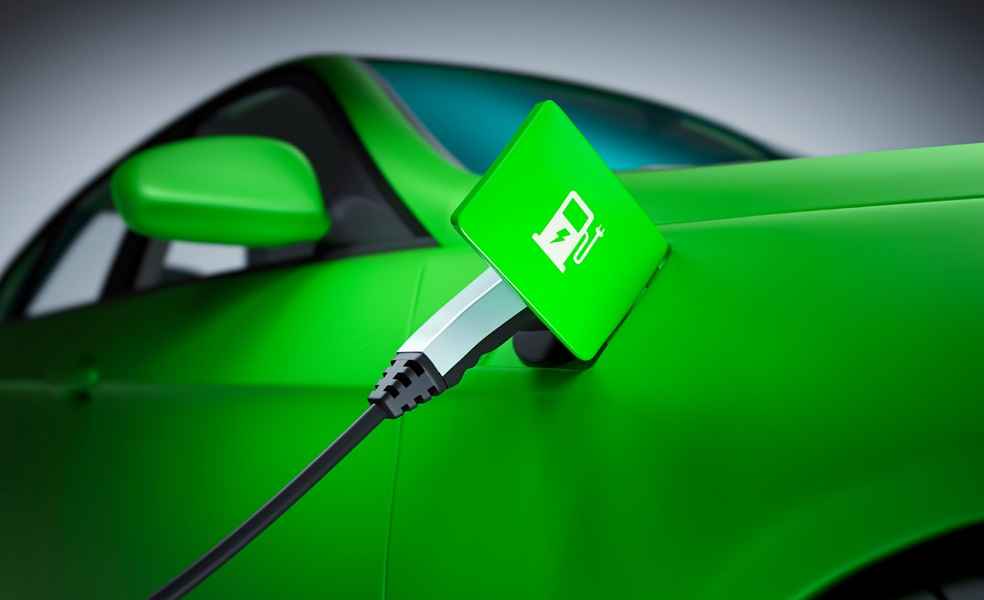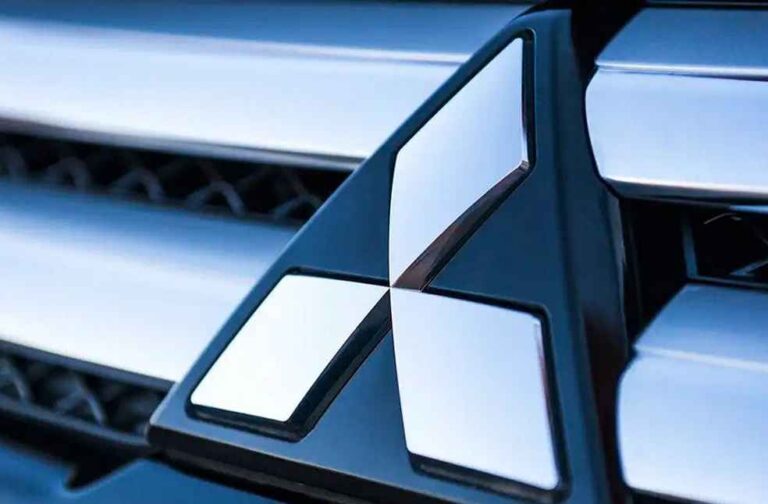Nissan, holding a 34% stake in Mitsubishi, along with Honda, aims to standardize in-vehicle software across their fleets. Despite the lack of comments from Mitsubishi, Nissan, and Honda representatives, this partnership signals a strategic move.
Nissan faces declining market share in its primary markets, the U.S. and China, which represent half of its global sales. Recent financial challenges prompted Nissan to slash its annual outlook due to aggressive discounting in the U.S. eroding first-quarter profits.

The alliance aims to reduce costs and strengthen competitiveness against EV giants like BYD and Tesla. Chinese domestic automakers, with their affordable, feature-rich vehicles, have eroded the Japanese brands’ dominance in the world’s largest auto market.
Nissan and Honda’s March announcement of exploring a partnership for EV components highlights their focus on the growing battery-powered car market.

This partnership, now potentially including Mitsubishi, seeks to leverage collective strengths to navigate industry challenges and enhance technological capabilities. This strategic collaboration represents a significant shift, positioning these automakers to better compete globally.
AUTO TECH | Webasto Unveils Advanced Roof Sensors for Robot Taxis and Trucks





